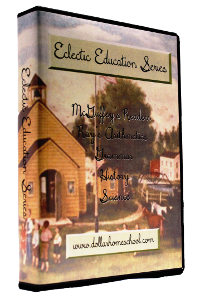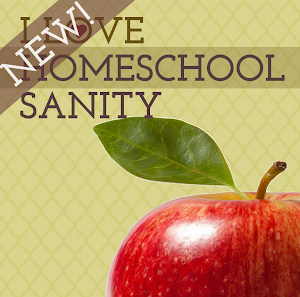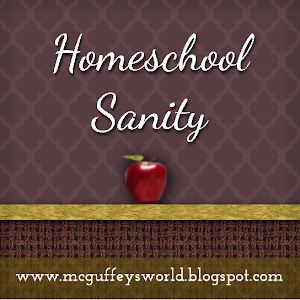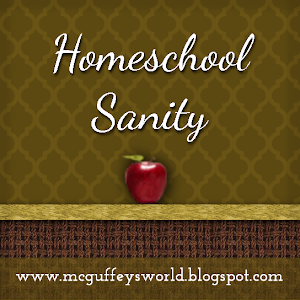
There has been a lively discussion going on at Generation Cedar all about getting away from boxed-in thinking when it comes to education.
This was a novel idea to me, about 24 years ago. Today, it is second-nature. Our family has been so far removed from "schoolism" that it seems foreign to us.
For one thing, we don't grade any work. There is only one standard for anything that we do--it's either our best, or it is unacceptable. This is not the same as perfectionism. Some of endeavors are not perfect, but they are still our best effort, and so that makes them "A+" work. Actually, we simply consider that "anything that is worth doing is worth doing right."
High school around here looks very different from the normal course followed in schools. My children are learning most things at a college level, not because I have decided that I want them to be over-achievers or gain a place at Harvard, but because they have been given a chance to specialize in their areas of gifts and interests.
This day was an example.
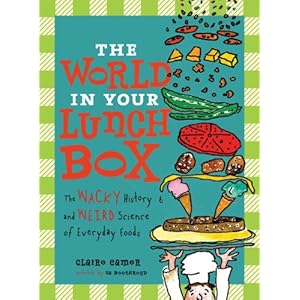 After our time of Bible study, lively discussion, and singing with Daddy, we all emerged from our large master bedroom into a workshop of ideas. While we were serving and eating our meal, 10-year-old Olivia and I discussed the book, The World in Your Lunchbox which I had checked out for her from the library. Before I had finished eating, Ryan was showing me photos of Art Nouveau glass work, comparing Tiffany (American) with Galle (European), and telling me about how Tiffany has changed over the years.
After our time of Bible study, lively discussion, and singing with Daddy, we all emerged from our large master bedroom into a workshop of ideas. While we were serving and eating our meal, 10-year-old Olivia and I discussed the book, The World in Your Lunchbox which I had checked out for her from the library. Before I had finished eating, Ryan was showing me photos of Art Nouveau glass work, comparing Tiffany (American) with Galle (European), and telling me about how Tiffany has changed over the years.Meanwhile Ellie was waiting to discuss with me the differences between Mucha and Klimt, two other artists from the Art Nouveau era. Then Ryan, Sarah, Ellie and I all had a round-table about how this same era included the Arts and Crafts Movement, and how they were intertwined. Along the way we discussed the hypocrisy of how "distortion" is called art, while realism is called "illustration," which was snobbery against realists such as N. C. Wyeth, whom my children adore.
 |
| Mucha |
 |
| Klimt |
 |
| N. C. Wyeth |
Immediately afterwards, Sarah came rushing excitedly from the loft office where Joshua had been researching Indian wars in America, and specifically in Colorado. We all rushed to the computer where we studied a map of all of the Indian wars in North America, and tallied them by state. It was interesting to note that California only had one, Texas not much more, but Arizona had the most!
My older children are used to learning things on their own, because we have all enjoyed learning for its own sake for many, many years. Reading, writing and arithmetic are often addressed separately, but only in small doses. The rest of our time we deeply imbibe the sweet waters of exploration and discovery.
I've graduated enough children to know that this method is the best. The fear is that they will not be prepared for "real jobs", but just the opposite has been true. Not only have they been capable of holding down regular jobs, but our emphasis on chores and other duties around the house has helped them to become the most faithful and best employees everywhere they have worked. They have also gone on to land jobs for which their years of specialization at home have made them more qualified than those who had PhD's in their areas of expertise.
Most folks may start out with this philosophy, but then have their children "buckle down" and study the regular high school choices in the end, mostly because we are intimidated by what is "expected". I just don't have the heart to shut down the real, enthusiastic learning that goes on here everyday.
This blog, which I understand is written by an ivy-league college professor, gives further insight into such matters (not necessarily written from a Christian standpoint).























